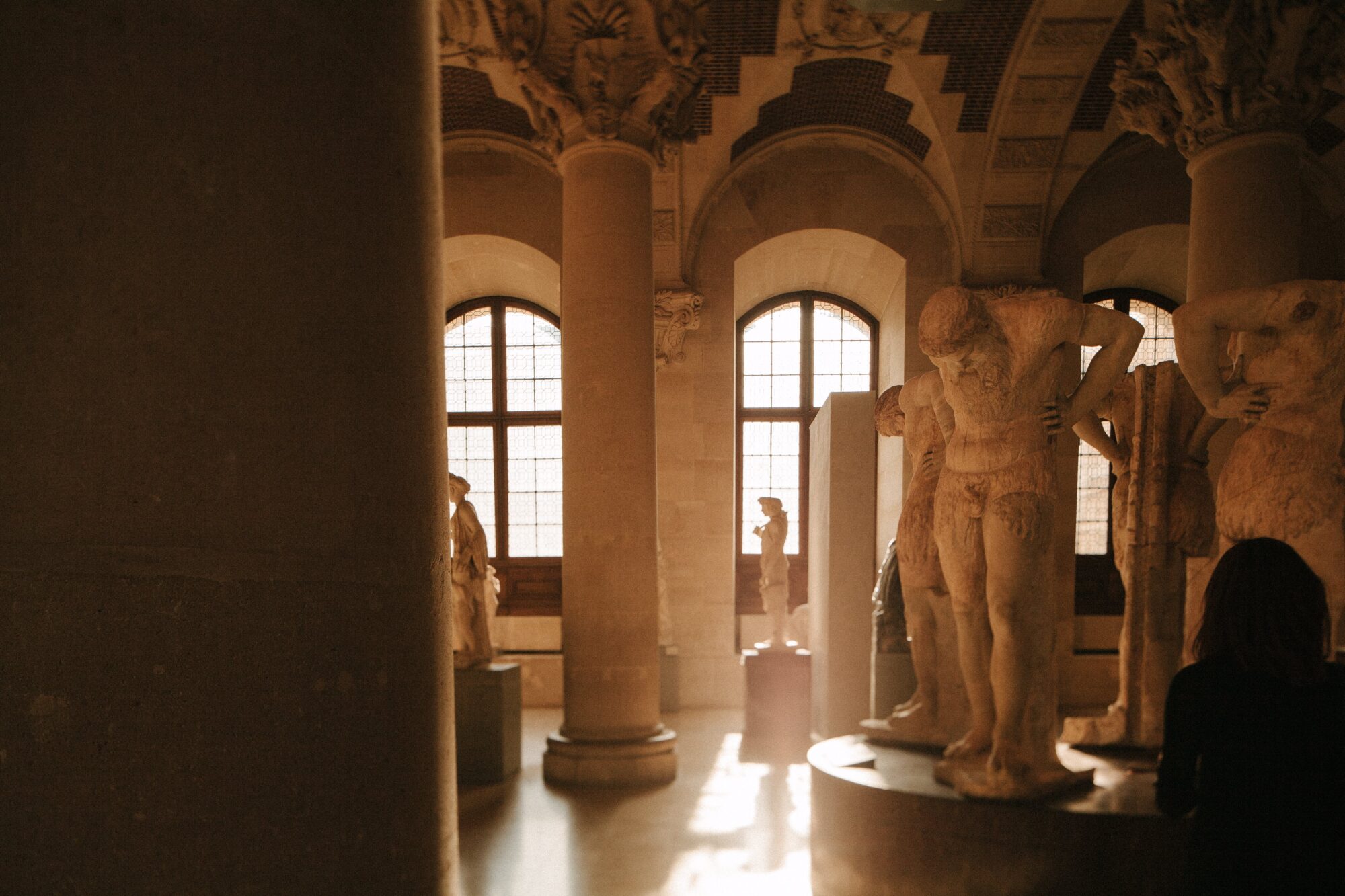The following is a transcript of this video.
“Why Do We Experience Existential Crises?
As a philosophical counselor, I’ve encountered people grappling with this question.
To offer a simplified explanation, consider the metaphor of human existence as an empty cup at birth.
When we are born, we are like this empty cup, initially devoid of inherent meaning, purpose, or self-definition.
There is no established overarching theory to explain why things are as they are, or a clear blueprint for what constitutes a good life.
Another truth about us is that we are beings of freedom. We have to make innumerable choices every single day. Without a guiding compass, decision-making becomes a significant challenge.
To navigate this vast sea of choices, we turn to external sources – the beliefs, values, and norms of those around us.
We fill our cup with these ideas from others so that we can function and find our place in the world. And this is a beneficial process for our growth.
However, a pivotal moment often arrives in our lives that causes a dramatic shift in perspective, be it an event or changes in circumstances.
We may suddenly recognize that the contents of our cup – the beliefs and values we’ve adopted from others – are, in some way, toxic or misaligned with our perceptions and desires.
This realization can be profoundly disorienting and unsettling. It’s akin to discovering that what we’ve been consuming all along is not what we genuinely want or need.
This epiphany leads to a rejection of these previously held beliefs, a metaphorical throwing away of the toxic contents of our cup.
In doing so, we return to a state of emptiness, similar to where we started.
Even more so, this emptiness is accompanied by a loss of direction and an inability to make choices.
The guiding principles that once filled our cup and helped us navigate life are no longer there, leaving us feeling lost and paralyzed.
To overcome an existential crisis, we must embark on a journey of self-discovery and meaning-making.
This involves refilling our cup (fill it), but this time with beliefs, values, and purposes that are genuinely our own, not those imposed or borrowed from others.
This process can be challenging and requires introspection, courage, and often, guidance from people who are willing to understand you and able to help you.
By doing so, we can find renewed direction and embark on our life journey with a cup filled with our unique purpose and justification.
In “Being and Nothingness,” French philosopher Jean-Paul Sartre (1948/1973, p. 26) asserted that human beings lack a stable essence, a fundamental ‘core,’ or fixed attributes when it comes to their selfhood. That is the deepest, fundamental reason why people can experience existential crises.
I’m Sijin Yan, a philosophical counselor. Follow for more.”
Related Reading:
Jean Paul Sartre: Being and Nothingness https://amzn.to/3QZZSjr

